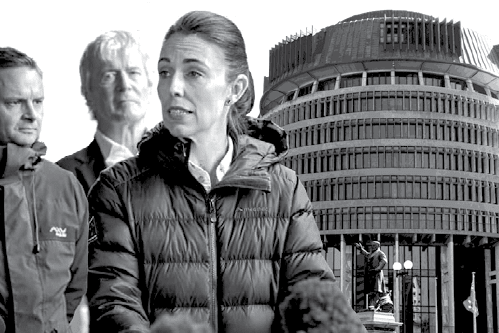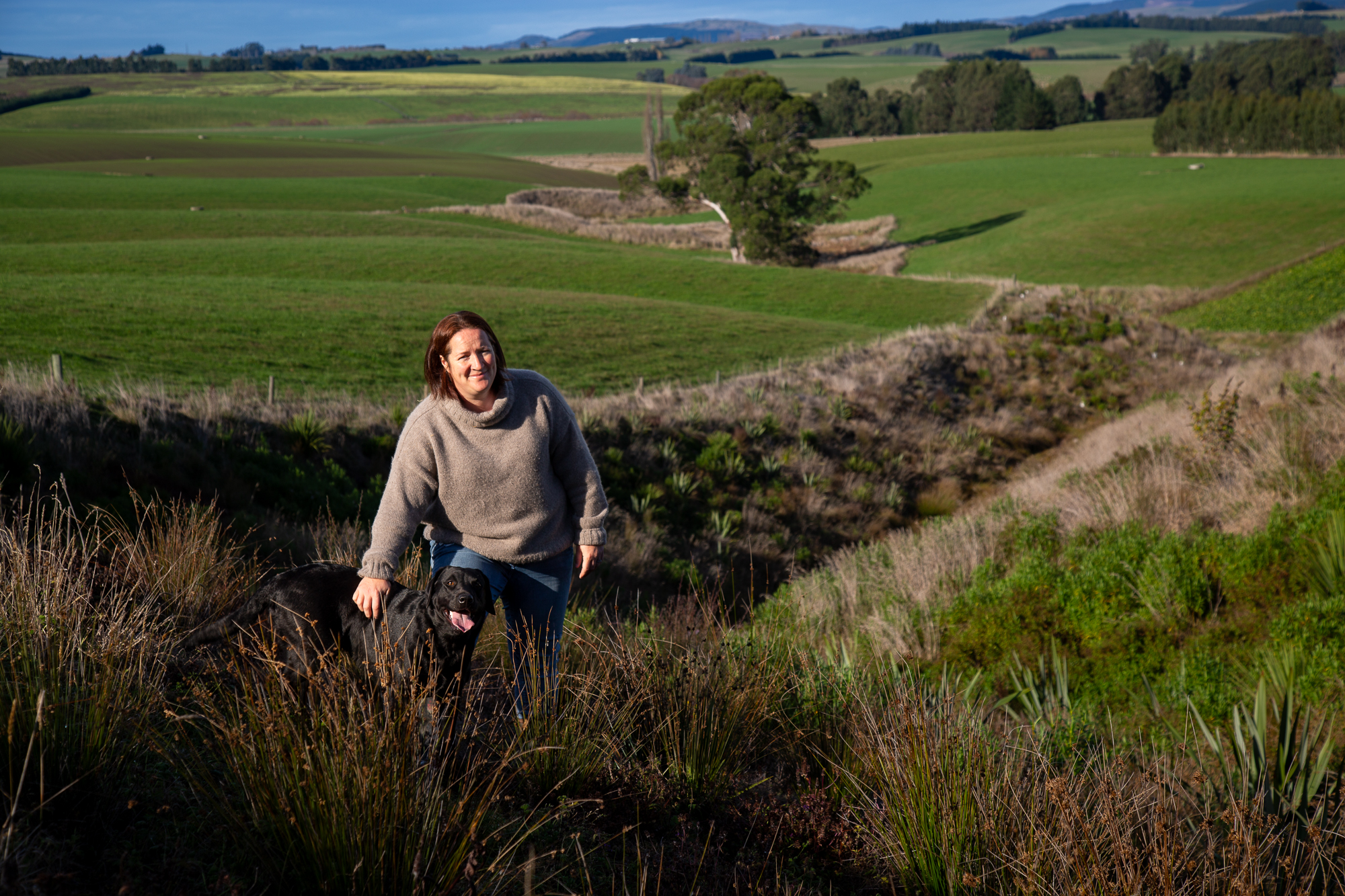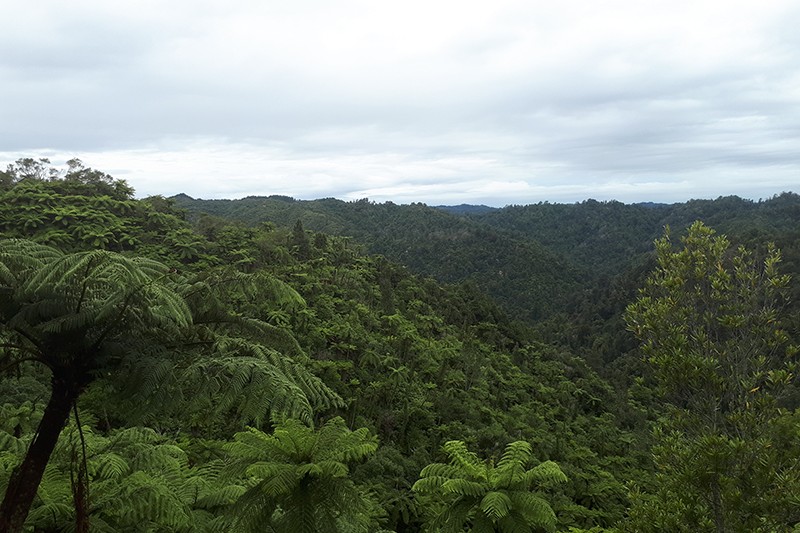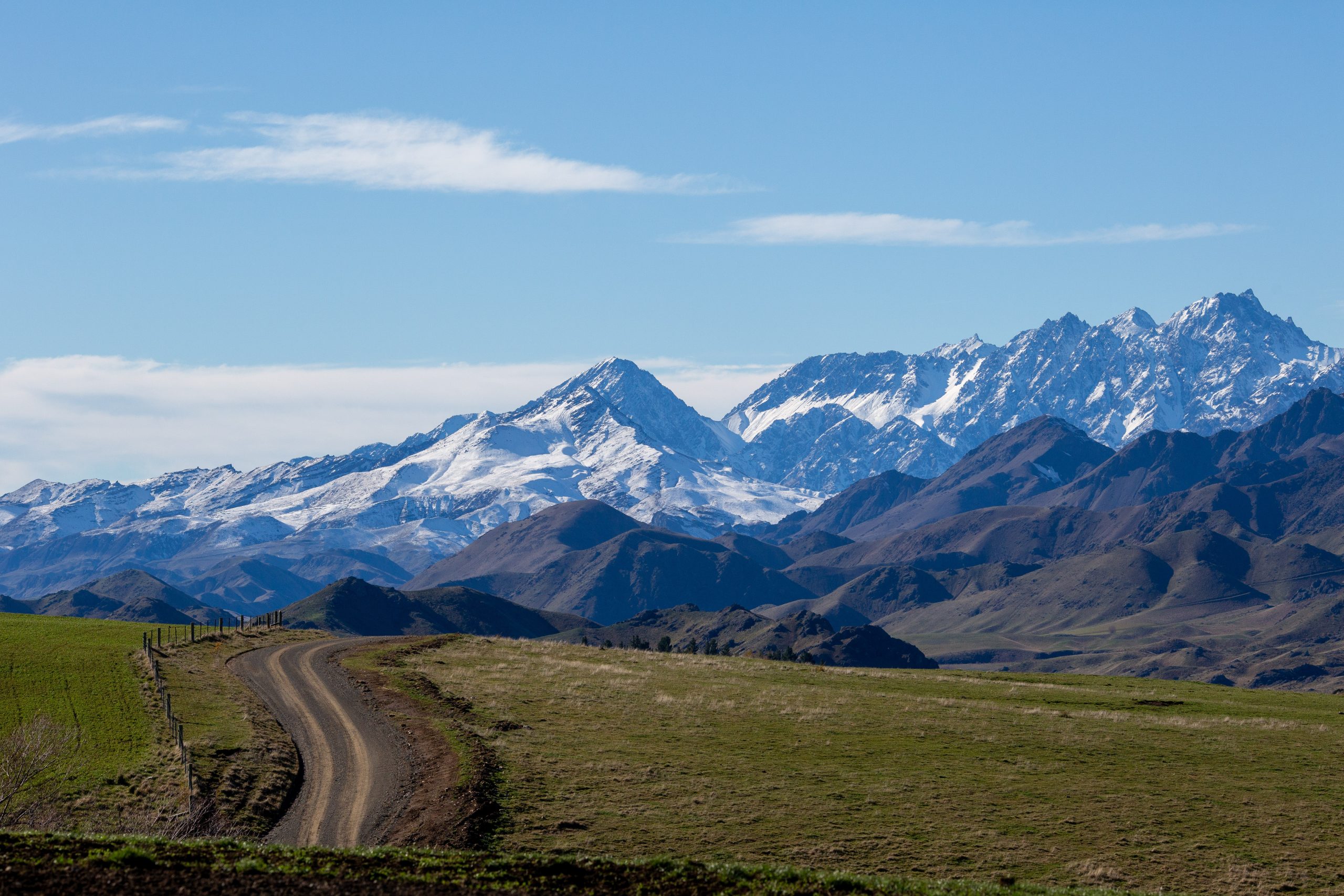Ag emissions: How we got here
To keep the global average temperature well below 2deg C above pre-industrial levels, while pursuing efforts to limit the temperature increase to 1.5deg C.

The goal posts
PARIS AGREEMENT 2016
To keep the global average temperature well below 2deg C above pre-industrial levels, while pursuing efforts to limit the temperature increase to 1.5deg C.
New Zealand commits to a 10% reduction below 2017 levels, in biogenic methane emissions, by 2030. A 24%-47% reduction by 2050. Big effort required to score this. Will it be an own-goal?
Government softer on long-lived gases like carbon dioxide, as targeting net-zero increase in emissions (i.e. keeping it static, not dropping).
The ag engineers
2019
He Waka Eke Noa (He Waka) partnership established (Ag sector and Maori) and they started work on a scheme blue-print. This was as an alternative to bringing agriculture into the NZ ETS.
He Waka recommends a split-gas approach.
FEBRUARY 2022
He Waka ag emissions pricing scheme proposals put to farmers. Main focus was choosing whether to favour a farm-levy, processor levy or hybrid pricing system.
Farmers favour on-farm level scheme.
Number of submissions on He Waka first round: 7000.
Number of farmers that know their greenhouse gas numbers 60% – (He Waka milestone target was 25%).
Available GHG calculators is now 11 – Alltech, B+LNZ GHG Calculator, E2M, Farmax, Farm emanage (Toitu), Fonterra, Hort NZ, MyImprint Farm, MfE, Overseer and ProductionWise (FAR).
MAY 2022
He Waka report went to Government ministers.
Climate Change Commission feedback
MAY 2022
The Climate Change Commission Report on advice on agriculture assistance to farmers. Lacking information on the scheme.
JUNE 2022
Another report: How ready are farmers for emissions pricing? Climate Change Commissioner queries practicality of measuring some types of sequestration.
This hints at where the Government might land.
Suggests NZ won’t be ready for the detailed farm-level system by 2025 as proposed by He Waka, and that a basic farm-level system should be used as an interim step.
Government trims He Waka, sole focus on methane reduction
OCTOBER 2022
Government releases its response to the He Waka Primary Sector Climate Action Partnership proposal.
He Waka proposal is reworked, with some things in, some things out.
Some of the key He Waka design features in the proposal;
*Farm-level split gas, having a single centralised calculator to calculate emissions, transitional support (in some form), and incentive payments for mitigation.
CHANGES;
- Suggests an interim processor level levy if can’t build a farm-level scheme in time (levy/kg of meat sold)
- Levy/tax all focused on methane reduction targets.
- Can’t count sequestration for pre-2008 plantings (exotics, riparian)
- More sequestration to move into ETS
Farmer reaction
- Farmers are asked for feedback and they give it.
- Beef + Lamb NZ go on tour and are vocal. “One area of immediate and significant concern is the proposed changes to sequestration, which we know is of real importance to many sheep and beef farmers.” B+LNZ are not happy with these changes and will push for better outcomes.
- Federated Farmers hold regional meetings. About 800 attended Southland’s meeting on farming emissions and winter grazing. Feds come out with three bottom lines before they get on board for a scheme (review methane target and make it related to no additional warming – not going harder than other gas targets, no emissions leakage, wait for viable mitigation to be available).
- Leakage is when NZ farmers drop stock numbers, production shifts overseas. Overseas production is less efficient and nothing is gained in global emissions reduction.
URBAN MEDIA GET INTERESTED
- Feds president Andrew Hoggard does 50 interviews in two weeks regarding the Government’s take on the He Waka policy.
“We can’t be agreeing on any mechanism until we get them to conduct a review on the targets that scientifically arrives at the number required to ensure either no more additional warming is being caused by New Zealand Ag, or a figure that is the additional warming equivalent of net zero long-lived gases in 2050.”
Survey of 500 Kiwi voters (Curia Research) showed only 26% of respondents believe NZ should price agricultural emissions before other countries do. The majority, 57%, opposed the move entirely (funded Federated Farmers).
Groundswell demonstrations.
Waka Adrift (a group of more than 140 concerned sheep and beef farmers) continue to say design is not fit for purpose. Suite of environmental policies need to work together.
Zoom sessions rolled out by MfE and MPI.
NOVEMBER 18
Consultation closes.
2023
Election




